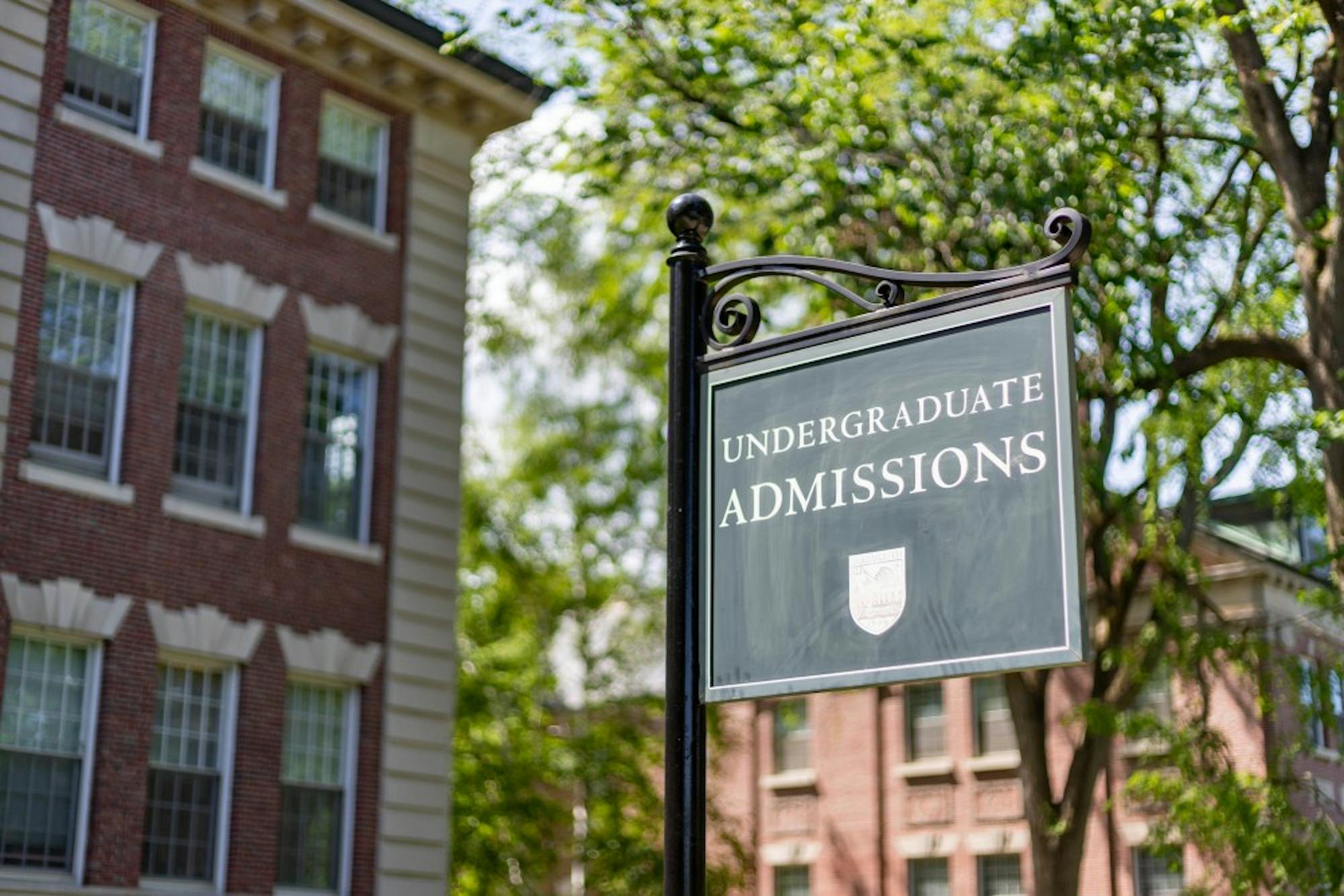In a landmark decision, the Supreme Court ruled racial considerations in the college admissions process to be unconstitutional, ending what has come to be known as affirmative action after nearly 50 years.
The Court ruled 6-3 in favor of Students for Fair Admissions, an anti-affirmative action advocacy group which sued both Harvard University and the University of North Carolina after alleging racially discriminatory admissions policies. The Court agreed, striking down the two institutions’ statutes.
“Both programs lack sufficiently focused and measurable objectives warranting the use of race, unavoidably employ race in a negative manner, involve racial stereotyping and lack meaningful endpoints,” Chief Justice John Roberts wrote in the Court’s majority opinion. “We have never permitted admissions programs to work in that way, and we will not do so today.”
In response to the decision, College President Sian Leah Beilock wrote in an email to campus that Dartmouth will continue to uphold its commitment to diversity.
“I want to be absolutely clear: This decision in no way changes Dartmouth’s fundamental commitment to building a diverse and welcoming community of faculty, students and staff, as articulated in our institutional values,” Beilock wrote.
The Court’s decision did not come as a complete shock to Dartmouth administration, according to Beilock in the email statement.
In her statement, Beilock wrote that admissions officials within and across various institutions, including Provost David Kotz ’86, have already been meeting “to discuss how to comply with the ruling and adapt their holistic admissions processes to this new legal landscape.”
In light of the decision, Beilock also wrote that the Dartmouth community should “listen to, show respect for, and support one another, especially when our opinions differ.”
“Dartmouth brings a uniquely powerful combination of expertise across intellectual disciplines and experience in solving complex problems — and that, in turn, places upon us a special responsibility to collaborate productively to help lead our country and our world to a better future,” Beilock wrote.




